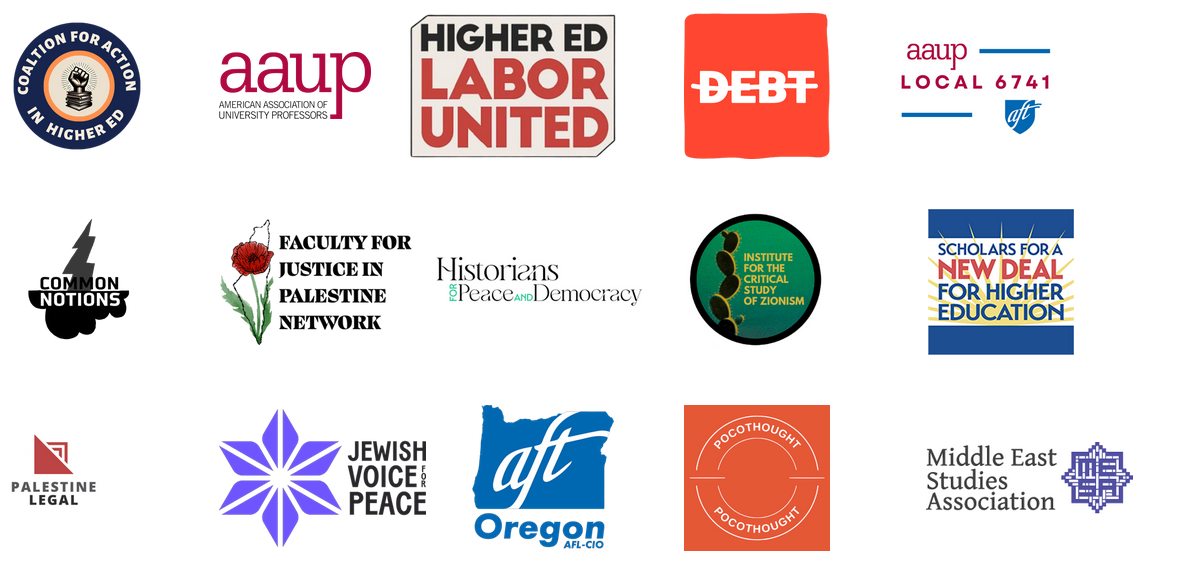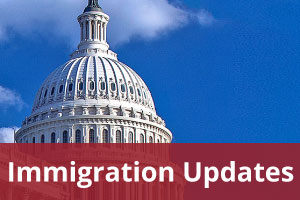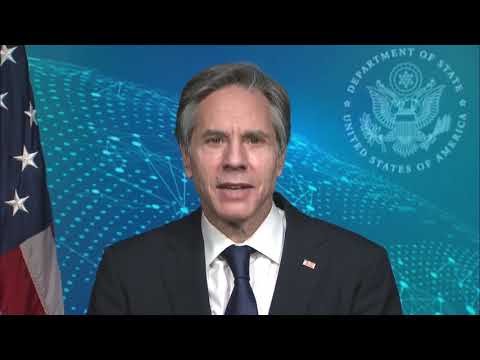by CUPA-HR | April 9, 2024
Each month, CUPA-HR General Counsel Ira Shepard provides an overview of several labor and employment law cases and regulatory actions with implications for the higher ed workplace. Here’s the latest from Ira.
Dartmouth Refuses to Bargain With Men’s Basketball Team Union
As the next chapter in the Dartmouth College men’s basketball players union dispute, Dartmouth has refused to bargain with the union elected to represent the players. The men’s basketball team voted 13-2, in a National Labor Relations Board-supervised election, to be represented in collective bargaining negotiations by the Service Employees International Union Local 560. The election was conducted after the NLRB regional director ruled that the student-athletes were employees under the National Labor Relations Act and therefore were entitled to an NLRB-supervised election as to whether they wanted a union to represent them. Dartmouth stated, “While we continue to negotiate in good faith with multiple unions representing Dartmouth employees, our responsibility to future generations of students means we must explore all our legal options for challenging the regional director’s legal error.”
This action will likely lead to the NLRB filing unfair labor practice charges against Dartmouth. Dartmouth can defend on the grounds that the student-athletes do not meet the NLRA definition of employees. If the NLRB again rejects this argument, the case will be reviewable by a federal court of appeals with jurisdiction over this matter.
Tufts Professors Charge That Fundraising Part of Their Salary Violates Their Tenure Contract
A state of Massachusetts appellate court ruled that tenured faculty at Tufts University School of Medicine must pursue more discovery concerning their claim that the university’s requirement that they fundraise to pay for a significant part of their salary violates their tenure contract (Wortis v. Trustees of Tufts College (Mass., No. SJC-13472, 3/14/24)). The medical school professors claim that the fundraising requirement violates their contractual rights to academic freedom and to economic security.
The allegations include the college nearly halving the salary and lab space of some of the professors who did not meet the fundraising requirement. The court sided with the college on the professors’ lab space claim, concluding that altering lab space did not threaten a professor’s economic security. The court concluded, however, that tenure is “permanent and continuous” once granted, and it would seem a “hollow promise” without a salary commitment of strong protections. Nonetheless, the court concluded that the tenure documents are ambiguous on “economic security” and more discovery is necessary to flush out the meaning of the tenure documents as they pertain to the college’s significant reductions of salary and full-time status alleged here.
University Baseball Coach’s Reverse-Discrimination Claim Dismissed, But Retaliation Claim Proceeds to Jury Trial
A White baseball coach’s reverse-discrimination claim against St. Edward’s University was dismissed. The coach claimed that he was fired after two separate investigations concluded that he did not discriminate against two Black baseball players. However, the federal trial court judge ruled that his retaliation claim that he was discharged because he complained about reverse discrimination should proceed to trial (Penders v. St. Edward’s University (2024 BL 90254, W.D. Tex., No. 1-22-CV-178 – DAE, 3/18/24)).
While the investigations were ongoing, the university reviewed a tape submitted by one of the complaining players which evidenced the coach cursing at the player. While the university concluded that incident did not involve discrimination by the coach, it told the coach that his values were not in line with the school’s values and that he would be terminated at the end of the season.
The coach alleged that the decision to terminate him at the end of the season was illegal and demanded another meeting with his lawyer present. The university allegedly responded a couple of hours later terminating the coach immediately. The judge ruled that the coach’s claim that his termination was “illegal” was protected activity and a jury could conclude that the termination, in close proximity to his protected activity, was an unlawful retaliation against the coach for raising his legal claim.
School Board Prevails in Race Discrimination and Defamation Lawsuit Brought by Former Track Coach
Maryland’s Anne Arundel County school board won summary judgement, after a judge dismissed a discrimination case brought by a former track and cross-country coach who was fired after a verbal and physical altercation with a student. The federal court dismissed the coach’s discrimination claims after review of the incident, which was recorded on video, concluding that the plaintiff exercised poor judgement in his actions, which violated school policy, and presented no evidence of discrimination or more favorable treatment of comparators (Daniels v. Board of Education of Anne Arundel County (2024 BL 77797, D. Md. No. 1:22-cv-03057, 3/8/24)).
The federal court judge rejected the plaintiff’s argument that his conduct was justified because he also served as a substitute school security officer, concluding that his actions still violated school policy. The court also dismissed the plaintiff’s defamation claims, holding that the school board’s statements to a local news blog, including that the plaintiff had been suspended while an investigation was taking place, were not false.
Several States Pass Ban on Anti-Union Captive-Audience Meetings — Employer DEI Training Is a Target in Conservative-Leaning States
Five states have passed employer bans on anti-union captive-audience speeches (New York, Connecticut, Maine, Oregon and Minnesota) and such legislation has been introduced in nine additional states (California, Washington, Alaska, Colorado, Illinois, Maryland, Vermont, Massachusetts and Rhode Island). Business groups in Minnesota and Connecticut have initiated litigation challenging these state bans.
As a federal matter, the NLRB has not ruled that such captive-audience meetings violate the NLRA. However, the NLRB’s general counsel has taken the position publicly that such captive-audience meetings violate employees’ federal labor rights.
At the same time, conservative-leaning states such as Florida have enacted restrictions on employer diversity, equity and inclusion training. The 11th U.S. Circuit Court of Appeals (covering Alabama, Florida and Georgia) has struck down part of the Florida DEI restriction on First Amendment grounds. Separately, about six states, according to Bloomberg, require anti-discrimination training, including sex harassment training, as a matter distinct from DEI training. It is important to keep up with these matters according to the latest developments in the individual states in which your institution is operating.
Share This Article:






